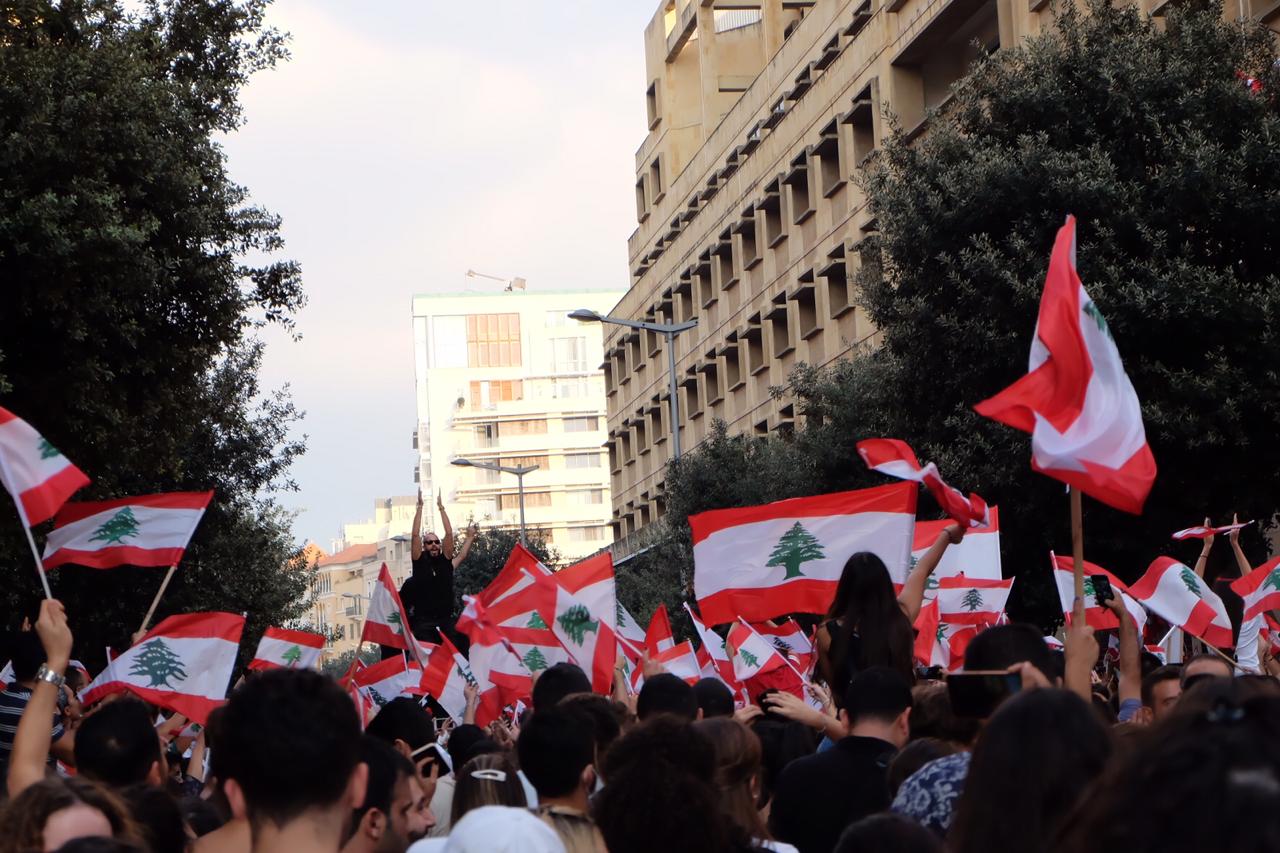In October 2022, Michel Aoun’s departure ended a tumultuous six-year presidency, with tense political relations and the politicization of the Beirut Port explosion investigation. The country faces a prolonged presidential vacuum as no clear candidate with parliamentary approval has yet emerged.
Economically, Lebanon suffers from one of the worst crises world-wide, exacerbated by the COVID-19 pandemic. The Lebanese pound’s steep devaluation and the emergence of an illicit currency market further strain the situation.
Pursuing consensus in policymaking hinders effective prioritization, as all policy areas are subject to change and bargaining. The need for unanimous agreement practically paralyzes cabinets. The resistance of political elites to reform indicates the regime’s strength and lack of cooperation. This highlights a lack of social trust in Lebanon and the difficulty for alternative visions to gain momentum and create political change.

